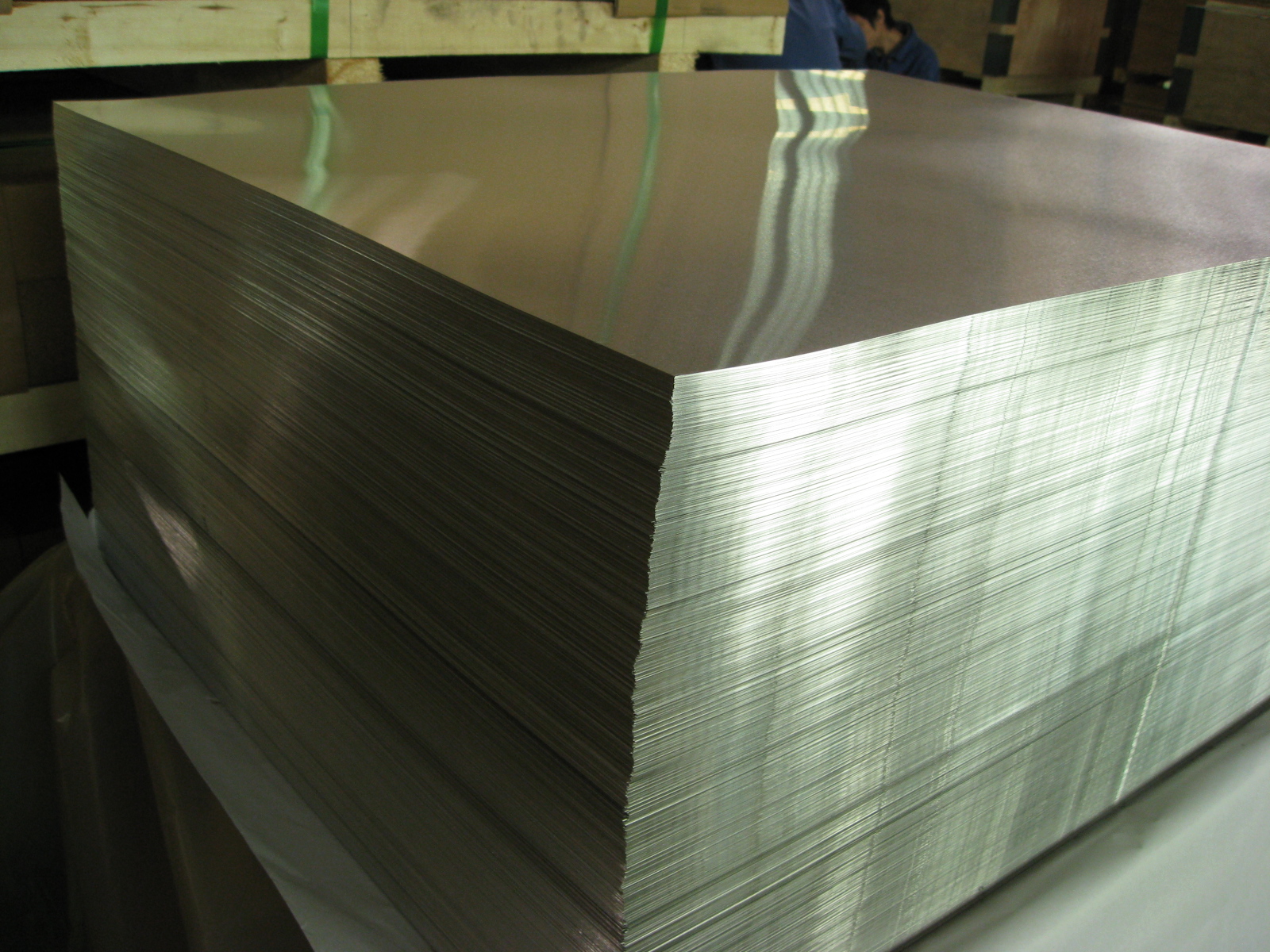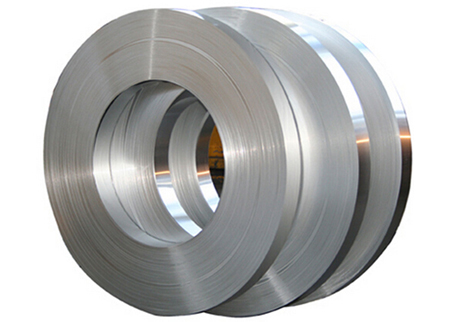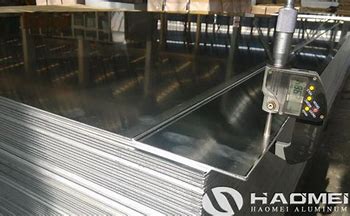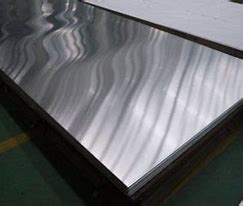



Aluminum Composite Panels (ACP) are versatile and cost-effective building materials used in a wide range of architectural and interior applications, including facades, signage, cladding, and partitions. They are composed of two thin aluminum sheets that are bonded to a non-aluminum core, such as polyethylene (PE) or fire-resistant mineral-filled core (FR).
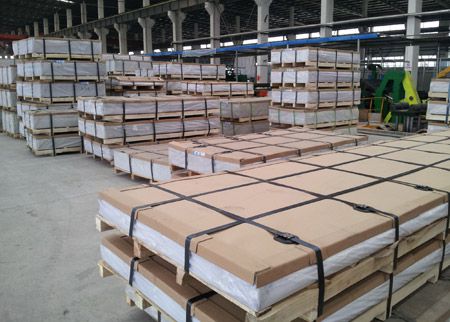
The thickness of an ACP varies depending on the specific application and requirements. Generally, the thickness of an ACP ranges from 3mm to 6mm. However, thicker panels can be manufactured for applications that require more strength and durability. For example, the thickness of an ACP used in exterior cladding or signage can be between 3mm to 4mm, while those used in high-rise buildings or areas with extreme weather conditions can range up to 6mm.
It is essential to note that the thickness of an ACP can also affect its fire rating and insulation properties. A thicker panel usually has better insulation properties and higher fire resistance. The fire rating for an ACP is determined by the thickness of its core and the type of core material used. For instance, an ACP with FR core material and a thickness of 4mm or above can withstand fire for up to two hours.
When selecting an ACP for a specific application, it is important to consider the thickness requirements based on the load-bearing capacity and performance requirements. Other factors to consider include the type of core material, weather resistance, fire rating, and insulation properties. For instance, if the project is in a location with extreme weather conditions, a thicker ACP with a fire-resistant core material would be appropriate.
In addition to their durability and lightweight properties, ACPs are also available in a variety of colors, finishes, and textures to enhance the visual appeal of the building facade or interior space. Some ACPs also offer special features such as anti-bacterial properties, sound insulation, and UV resistance.
Overall, the selection of the appropriate thickness of an ACP is crucial to ensuring the structural integrity, safety, and performance of the building. Therefore, it is recommended to consult with an experienced architect or engineer to determine the best ACP thickness and core material for the specific project requirements.
* Thank you for your inquiry. Please provide your business needs information so that we can better serve you.
This information can help us assign the most suitable person to solve your problem. We will give you feedback within 1-2 working days.
Related Blog
